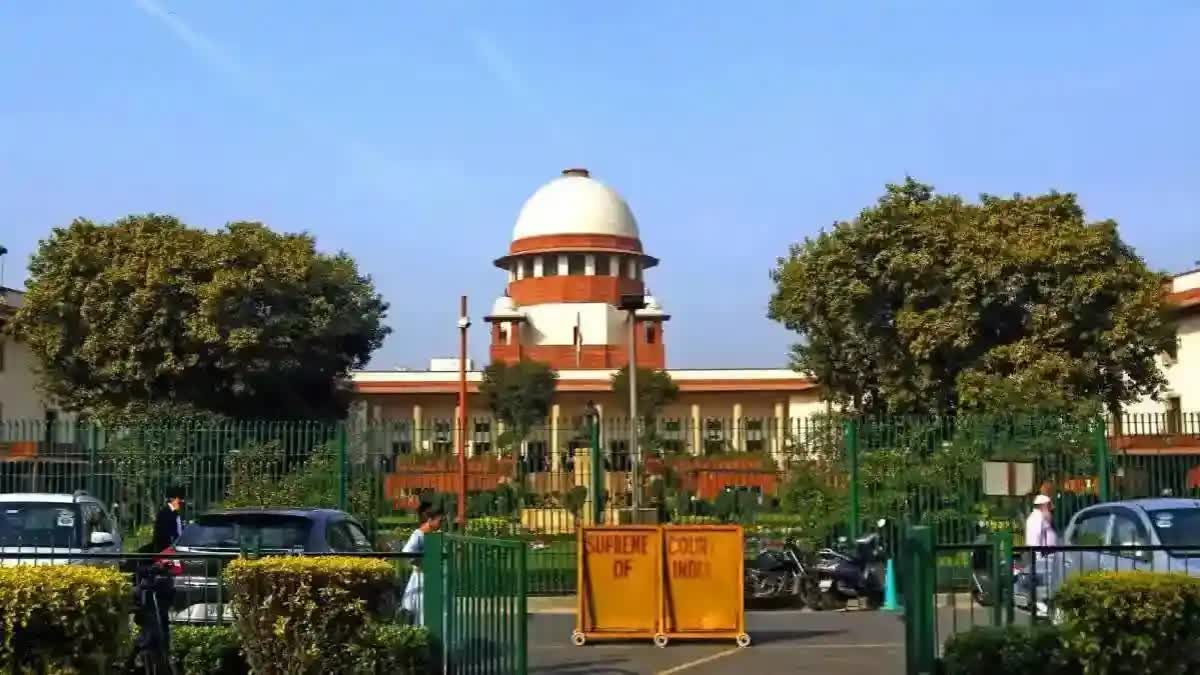New Delhi:The Supreme Court on Monday sought response from Centre on a plea by a Tamil Nadu resident seeking to safeguard the interests of intersex children by enactment of a legislative mechanism to regulate medical intervention with intersex infants, children.
The petitioner, Gopi Shankar M, was represented by advocates Astha Deep and Sujeet Ranjan before the apex court. A three-judge bench led by Chief Justice of India and comprising justices J B Pardiwala and Manoj Misra considered the matter.
“There is a requirement of a legislative mechanism at the Centre’ level to deal with situations regarding medical interference with the intersex child. In other jurisdictions, such medical interventions are punishable offences and a special team of doctors who have to determine whether sex determination surgery is an urgent or not until the child attains the age of informed consent”, the petitioner’s lawyer argued. She added, “we do not have any legal mechanism….”.
After hearing submissions, the apex court issued notice and asked Additional Solicitor General Aishwarya Bhati to assist it in hearing of the PIL. The petitioner has made the Ministry of Health and Family Welfare, Ministry of Law and Justice, Ministry of Women and Child Development, Central Adoption Resource Authority, Ministry of Home Affairs, and Registrar General and Census Commissioner of India, as respondents in the PIL.
The plea contended that people with intersex characteristics have been facing various challenges due to the usage of the terms ‘sex’ and ‘gender’ interchangeably. It argued that the judgment in National Legal Services Authority Vs. Union of India and Ors. (2014), requires to be overruled to the extent of the use of the terms sSex’ and ‘gender’ interchangeably and also the use of the term ‘transgender’ as an umbrella term for persons whose gender identity lies outside the compartments of sexual binary. “It is noteworthy that the intersex people are those born with sex characteristics, including genitals, gonads (reproductive glands such as ovaries or testicles) and chromosome patterns, that do not fit with typical binary notions of male or female bodies”, said the plea.
